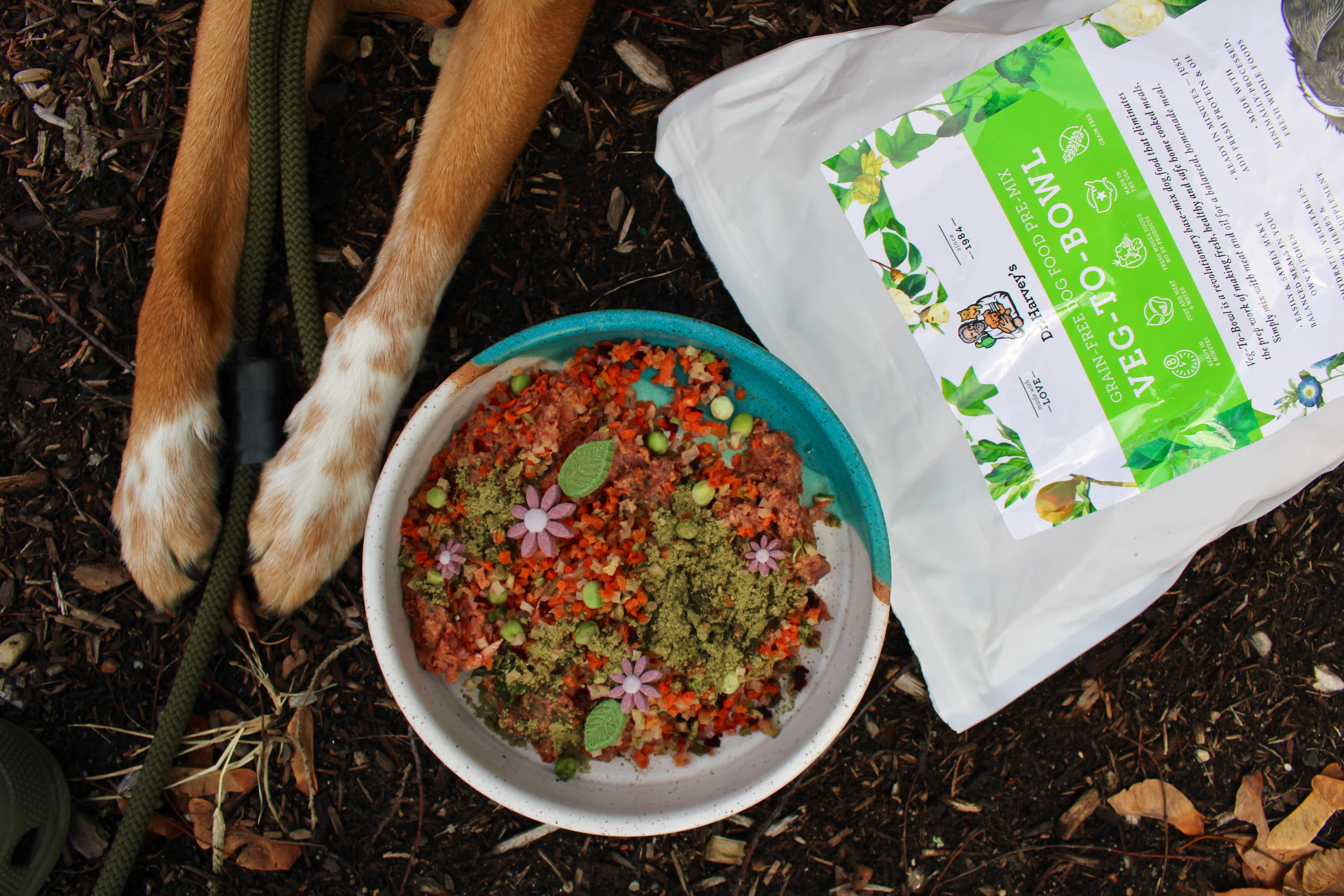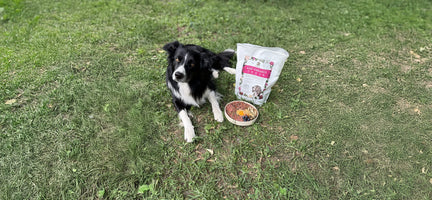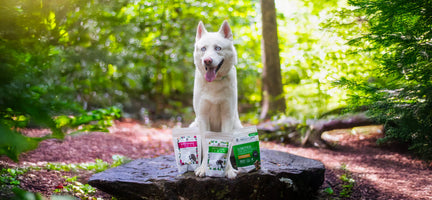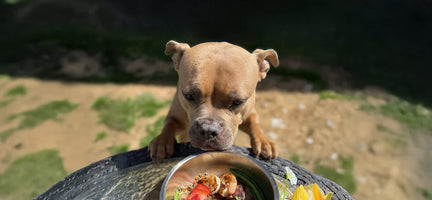The Grain Controversy: Are Grains Bad for Dogs?
Almost every day, we get an email or a call regarding the controversy surrounding the use of grains in dog food. We’ve discussed the use of raw diets and grains before and why some dogs do exceedingly well on whole organic grains as a small percentage of their total daily intake.
Here, we’ll talk about grains for dogs and whether grains are bad for dogs or not. Read on to learn more.
Why Are People So Concerned About Grains in Dog Food?
What confuses people about whether grains are good or bad for dogs? We can boil it down to clever marketing and how much people care for their dogs. For a while now, many mainstream brands have been implying dogs shouldn’t have grains and have a diet that mimics their wolfy counterparts.
This isn’t true because dogs are omnivores, not carnivores.
Regarding how we love our dogs—we start making decisions about their diet as if they were human and not canine. We tend to forget our digestive needs are very different. The most prominent example is the idea that grain-free food is better than regular dog food.
Orthorexia Nervosa
The phenomenon of being focused on what our dogs eat is what Psychology Today calls “orthorexia nervosa,” which is when a person focuses heavily on healthy eating for themself and for the people (or dogs) around them. Clever marketing in people and pet food brands feeds into this problem.
This phenomenon is further proven by a study of over three thousand dog owners worldwide who were surveyed about the type of dog food they buy and why. Words like “holistic,” “natural,” “clean,” and “grain-free” were popular categories. In this survey, 50% of dog owners thought grain-free dog food was healthier.
Are Grains Good for Dogs?

So, does this mean grains are good for dogs? Yes! Because dogs are omnivores, as mentioned before. A dog’s digestive needs require plants and meat. A proper diet for a dog is a whole-food diet with meat, veggies, and grains.
Additionally, grains provide a variety of nutrients like:
- B vitamins
- Fiber
- Magnesium
- Potassium
- Protein
Are Grains Bad for Dogs?
Is there any truth about grains being bad for dogs? Not really; the only time grains would be harmful to your dog is if they have an allergy to wheat or grains—which is extremely rare.
The same study of over three thousand dog owners found that those who said their dog had two or more allergy symptoms chose grain-free food. But the most common food allergies are dairy and beef, making up 60% of food allergy cases in dogs, while grains like wheat and rice are on the lower end of the allergy spectrum.
When you do choose to use grain-free food, you must look very closely at the ingredients. Some brands will replace grains with filler ingredients like potato and legumes—which aren’t bad on their own but can be challenging for your dog to digest in large amounts.
Remember, Dogs Are Individuals
While most dogs benefit from having grains in their diet, it would be irresponsible to say that all dogs need them.
For example, there have been many cases where a grain-free diet helps dogs. This could be because the dog was having a hard time digesting the grains or the dog suffers from a form of arthritis.
Because every dog is different, we offer pre-mixes with grains and without. Our Canine Health product includes 6 organic grains, vegetables, and herbs. Veg-to-Bowl is a cornucopia of vegetables and herbs and no grains. There are also Garden Veggies with a grain and grain-free version.





